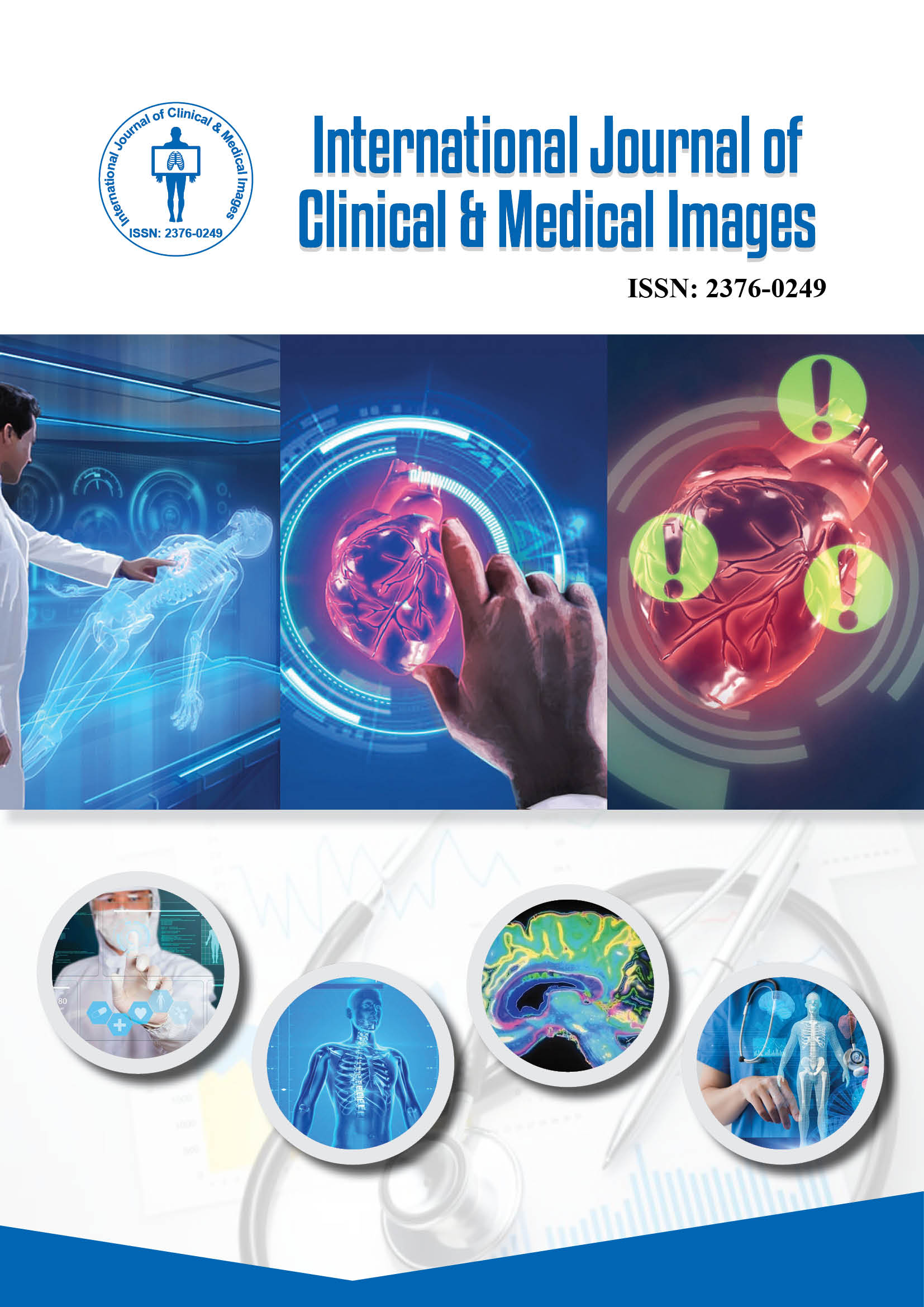2376-0249
Clinical-Medical Image - International Journal of Clinical & Medical Images (2024) Volume 11, Issue 8
Author(s): Lana Rhodes*
Department of Genetics, Harvard Medical School, Boston MA, USA
Received: 01 August, 2024, Manuscript No. ijcmi-24-151596; Editor assigned: 03 August, 2024, Pre QC No. P-151596; Reviewed: 17 August, 2024, QC No. Q-151596; Revised: 22 August, 2024, Manuscript No. R-151596; Published: 30 August, 2024, DOI: 10.4172/ 2376-0249. 1000973
Citation: Rhodes L. (2024) Cloning and Transgenesis: Ethical Implications and Breakthroughs in Genetic Engineering. Int J Clin Med Imaging 11: 973.
Copyright: © 2024 Rhodes L. This is an open-access article distributed under the terms of the Creative Commons Attribution License, which permits unrestricted use, distribution and reproduction in any medium, provided the original author and source are credited.
In a groundbreaking case study, researchers explored cloning and transgenesis to tackle disease resistance in livestock, specifically targeting a viral disease that affects cattle milk production and herd viability. Utilizing Somatic Cell Nuclear Transfer (SCNT), the team successfully cloned a genetically superior cow known for its natural resistance to the virus. The process began with isolating somatic cells from a donor cow exhibiting robust immunity. These cells were fused with enucleated oocytes, creating embryos with desirable genetic traits. After implanting these embryos into surrogate mothers, the researchers monitored the cloned calves’ development. The offspring demonstrated increased resistance to the viral disease while also retaining favourable characteristics, such as higher milk yield and improved growth rates [1].
However, the study raised significant ethical concerns surrounding cloning and transgenesis. Critics highlighted animal welfare issues, as cloning often results in high failure rates and health problems in the resulting animals. In response, the research team engaged with ethicists, veterinarians, and animal rights advocates to address these concerns and establish guidelines that prioritize humane treatment. Additionally, the potential environmental impact of introducing genetically modified organisms was a critical ethical consideration. The researchers stressed the necessity for rigorous safety assessments and long-term monitoring of ecological effects [2].
This case study illustrates the dual nature of advances in cloning and transgenesis: the potential for scientific breakthroughs that could revolutionize agriculture, alongside the ethical challenges that such innovations entail. Ongoing dialogue among scientists, ethicists, and the public is crucial for navigating the complexities of genetic engineering, ensuring that the benefits are maximized while minimizing ethical concerns and risks. Ultimately, this case underscores the importance of responsible innovation in the evolving field of genetic engineering.
Transgenesis; Cloning; Genetic engineering
None.
None.
[1] Montoliu L (2023). Transgenesis and genome engineering: a historical review. Methods Protoc (1-32).
Google Scholar, Crossref, Indexed at
[2] Kues WA and Niemann H (2011). Advances in farm animal transgenesis. Prev Vet Med 102(2): 146-156.
 Awards Nomination
Awards Nomination

